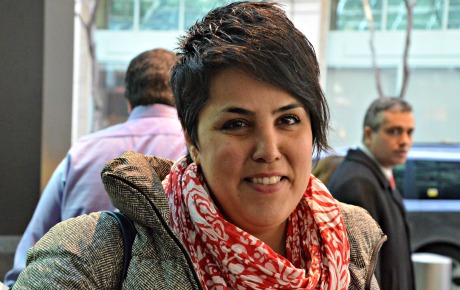
Sepi Roshan: Mindlessly consuming information is dangerous and can perpetuate gender stereotypes and inequality.
Bild: Privat
”Freedom of expression starts at home”
2016-01-15 | Sepi Roshan

INTERNATIONAL
Sepi Roshan is committed to strengthen the presence of women in the media. She has founded the radio station Astute Radio in the UK where she challenges the stereotypes of gender. Here is an excerpt from a speech about access to information and freedom of expression as a tool to improve gender equality in the media. This speech was held by Sepi Roshan at the Global Alliance for Gender and Media, GAMAG Nations General Assembly in Geneva in December 2015.
FACTS/Sepi Roshan
Sepi Roshan is a communications, leadership and media skills expert living in Great Britain, born in Iran and raised in Australia. She is the founder and managing editor of Astute Radio, a social enterprise focused on challenging gender and other stereotypes and giving minority women a voice.
”This week, we have spoken a lot about communication, leadership and media skills. As an expert in these areas, these are the tools I use to empower women find their true voice. I work with women who do not fit the narrow and one-dimensional definition of woman or girl reinforced by media. These includes ethnic minorities, LGBT, disabled women, and women living so-called “unconventional” lives. The ones who have different and often unrepresented views.
Astute Radio strengthens the voices of these women and by doing so, we challenge gender and other stereotypes. These women are leaders and role models because they break the mould imposed on them. They have a different narrative to share.
By providing our audience access to such information and allowing the women I work with the freedom to express themselves, I change mindsets. These women become their own champions of change. Simply putting a microphone in front of a woman and asking her to say what everyone else is saying, will not change the status quo.
And let me tell you – changing mindsets is possible. The women I work with learn to ask questions and redefine how they see themselves. They speak more confidently about the things that truly matter to them. As audiences access new information, this audience thinks about how their own unconscious biases and stereotypes constrain their choices.
To change the way we see ourselves and the our fellow humans – to educate ourselves – we need access to diverse facts, opinions and experiences. So where does the media fit into this?
As a powerful force, when the intention of an ethical media is to educate rather than only make profit or perpetuate narrow perspectives, there needs to be media freedom.
How fitting that today, 10 December, 2015, is Human Rights Day because Article 19 of the UNs' 1948 Universal Declaration of Human Rights states: ”Everyone has the right to freedom of opinion and expression; this right includes freedom to hold opinions without interference, and impart information and ideas through any media regardless of frontiers”.
Let’s quickly break down these concepts.
We all exercise freedom of expression every time we share facts, information or a point of view. We share information to differing degrees, depending on certain constraints such as privacy, defamation laws and very importantly, how safe we feel expressing ourselves.
Freedom of information is the right for anyone to access information held by public bodies and agencies, to examine it and seek clarification where needed. In principle, media should be free to seek, receive and impart information through various means without interference. Transparency of governments, corporates and other institutions is vital given the large quantities of data they hold about us and the decisions they make on our behalf. World Press Freedom Day on 3 May is a reminder to governments of their duty to respect and uphold the right to freedom of expression enshrined under Article 19.
Access to information is the ability to obtain the information you want when you want it. As the world becomes more digitalised, access to information and communication technologies (ICT) becomes critical to these concepts. Promoting gender equality in and through media requires supporting the means of communication, including broadcast reception quality, electricity supplies, access to telephone networks, smart phones versus dumb phones, and the internet. In many parts of the world there is little or no access to ICT and women are the worst affected. In such environments, freedom provisions mean little.
Access to information and freedom provisions are important for everyone – women and men. However, the relationship of women and men with the media is not equal.
We know diversity leads to better outcomes but it is a fact that men outnumber women in decision making roles within media organisations. And we know that decision makers hold the key to change. The legacy is that a prevailing mindset dominates the way our information is produced and disseminated.
For example, in the UK where I am based, the number of women on boards in the broadcast industry at last count was 26 percent. Ironically, these are the same media organisations trumpeting the need for more women on FTSE boards. While Sheryl Sandberg of Facebook is telling women to lean in, we must be aware that there are only two women on Facebook’s executive board out of 14 directors.
If democracy depends on people’s ability to express themselves to shape the society they live in, who is shaping our society? Men generally outnumber women as experts, contributors and guests by 4-1. In flagship news programmes we are 2.5 times more likely to see male presenters and reporters than female presenters and reporters. These statistics are worse for ethnic minority, LGBT and disable women, and women over 50 years old.
Women in decision making roles in media organisations increase the likelihood of news subjects including females, stories highlighting gender inequalities and are more likely to challenge stereotypes. Women do not generally own the media, govern the media, develop policies or have security within their jobs. I am a proud minority - breaking the mould of media owners and challenging the status quo.
Access to information and media freedom, are especially important for female audiences. Knowledge is power. For example, information about pay gaps, board composition, laws, policies, sexual and reproductive rights, role models, financial interests, access to microfinance, information about how to protect yourself when caring for family with infectious diseases, help women survive and prosper.
But, applying the principles of access to information and media freedom is sometimes deadly. Since the year 2000, over 600 journalists and media workers have been killed. On the 25th of November, the International Day of Elimination of Violence Against Women, the International Federation of Journalists highlighted the rise in cyber-bullying and threats specifically to female journalists. Threats and violence, including rape, can impinge on democracy when half the population is silenced either by others or self-censor to avoid harm to themselves or their families.
Freedom of expression and equality are aligned. Using freedom of expression provisions to silence women through cyber-bullying and threats goes against the very foundations and principles it was founded on.
This session’s theme brings up so many questions about how the media industry operates, its content and the landscape in which it functions. With my finance and compliance background, the questions I ask for example are: What effective governance and accountability mechanisms are in place around media ownership? How is access to ICT managed? Who are the venture capitalists who fund emerging telecommunications, technology and media companies? Why do they fund them and do they consider gender equality in their decisions? What are the implications of the digital by default trend – where governments and businesses force people online? Should an algorithm or robot personalises media content based on what it thinks we should see? Why is it that if you and I search for the same term, we get different results? Why does paid for content rank higher in searches? What is the balance between profit and our right to information and freedom of expression? In a ”profit-at-all-costs” economic model, it seems gender equality has been the big loser.
We must therefore be clear about what media is for. Is it for information, entertainment or just business?
What does media freedom mean if there are multiple sources of information but people do not have the skills to critically examine that information? Media and information literacy helps evaluate presentation styles, biases and other possible interpretations of what is being presented. Mindlessly consuming information is dangerous and can perpetuate gender stereotypes and inequality.
The most insidious are stereotypes that reduce women and girls to sexual objects – thereby limiting their life choices.These stereotypes are so embedded and reinforced that when women and girls are not limited by others, they unwittingly limit themselves.
Despite prevailing messages women are more than their bodies. They contribute to science, technology, knowledge and the advancement of society. Without access to records, statistics and information, without the freedom to go outside conventional models and thinking, how will we hear about Rosalind Franklin who helped discover DNA, Dorothy Height, an activist, or challenge the notion that we have reached equality, as some people think is the case?
Without access to information and freedom provisions how can we expose policies and prejudicial mechanisms which violate our rights and democracy? Conversely, how can we champion those people and mechanisms upholding our rights if we do not know about them due to censorship in whatever form it takes? We need access to information and freedom provisions to involve ourselves in public debates and consultations – to get our voices heard.
In the short term, while we wait for the content and representation of women in the media to evolve, developing greater media and information literacy, can help us critically evaluate the information we consume.
Freedom of expression starts at home and we must all think about how we are promoting with this within our own sphere.
Kommentarer
Du måste vara inloggad för att kunna lämna en kommentar.
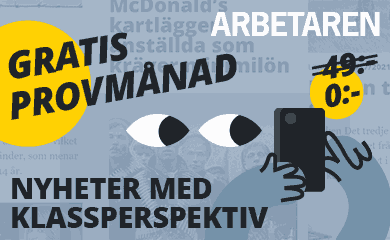
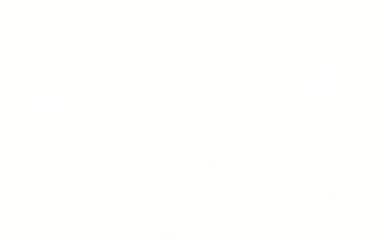
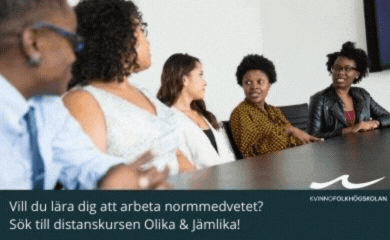




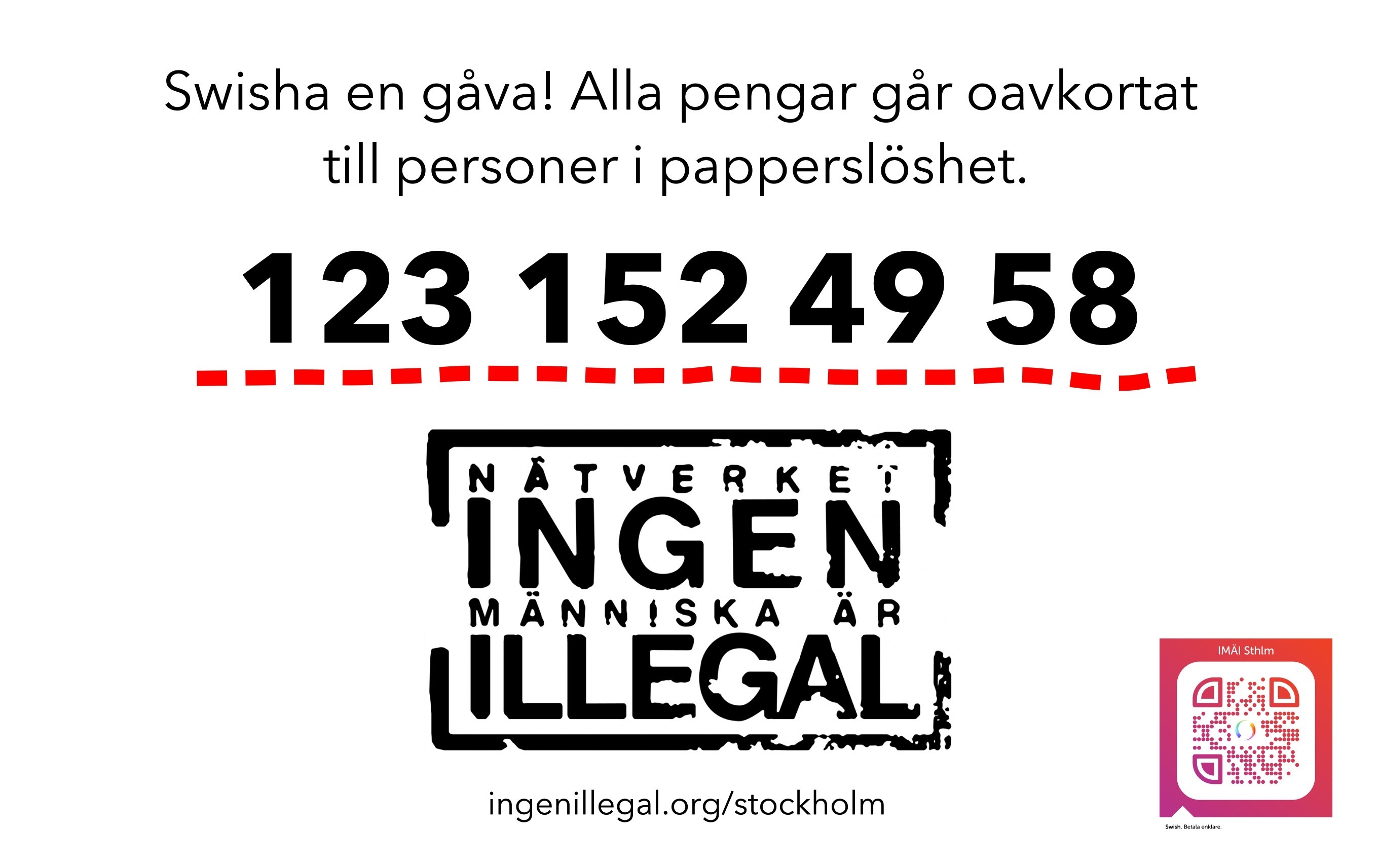
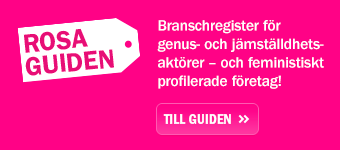

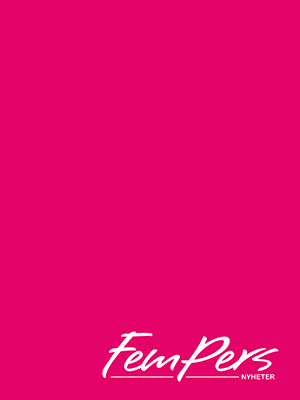
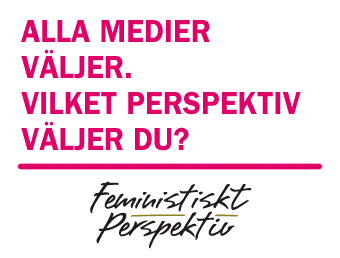












MEST KOMMENTERAT
SENASTE KOMMENTARERNA
Om Var Grupp 8 en feministisk organisation?
Om #bildskolan 21: Att äta Den Andre
Om #bildskolan 21: Att äta Den Andre
Om Porr handlar om betalda övergrepp
Om Nobels fredspris till kampanj för att avskaffa kärnvapen
Om Feministiskt perspektiv öppnar arkivet och startar på nytt!
Om Rödgrönt ointresse för fred och nedrustning borde oroa många
Om Var inte målet att vi skulle jobba mindre?
Om Feministiskt perspektiv öppnar arkivet och startar på nytt!
Om Feministiskt perspektiv öppnar arkivet och startar på nytt!
MEST LÄST